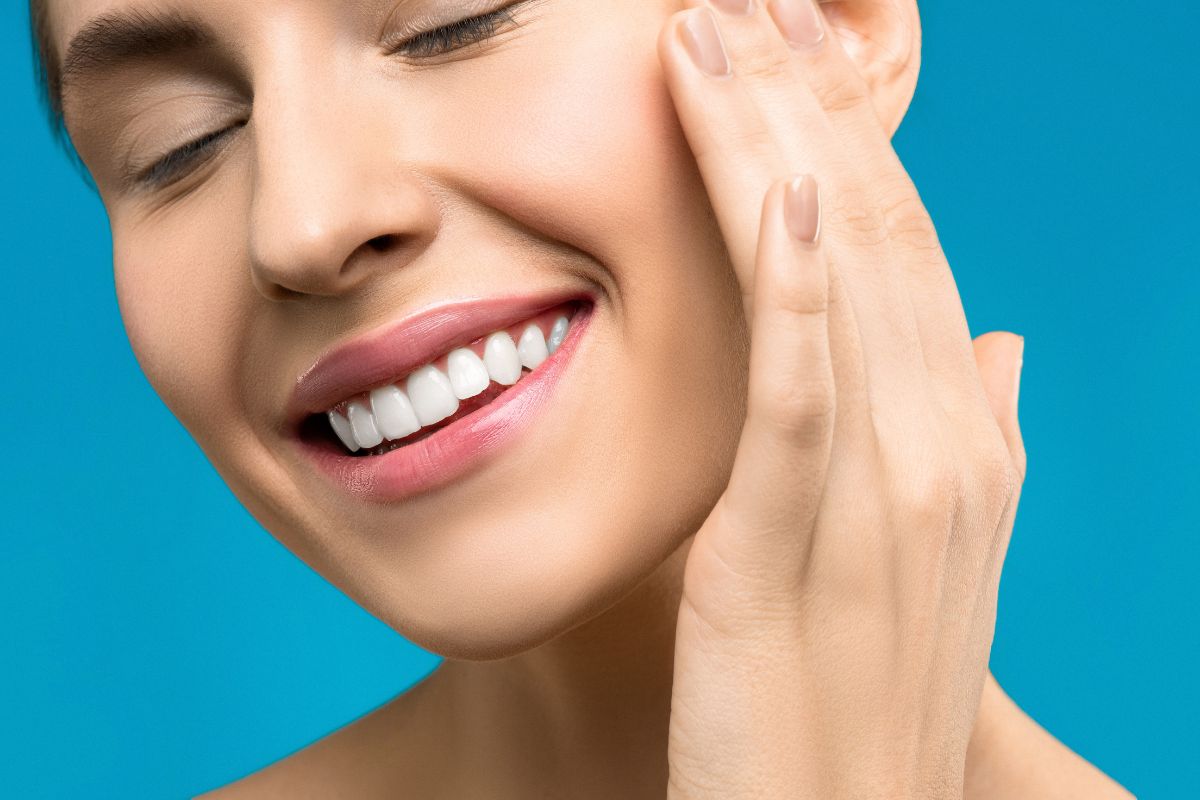The Importance of Regular Dental Check-Ups

Guardians of Oral Health: Embracing the Importance of Regular Dental Check-Ups in Aberdeen, NJ
At Friendly Dental, we believe in the power of prevention when it comes to maintaining your oral health. Regular dental check-ups play a crucial role in keeping your teeth and gums healthy, preventing issues before they escalate into more serious problems. As the best dentist in Aberdeen, NJ, we are dedicated to providing comprehensive dental care to ensure our patients enjoy a lifetime of healthy smiles.
Early Detection of Dental Issues
One of the main reasons regular dental check-ups are essential is that they allow for early detection of dental issues. Cavities, gum disease, and even oral cancer can develop without noticeable symptoms in their initial stages. By the time you start feeling discomfort, the condition might already be advanced and require more extensive treatment. During a check-up at Friendly Dental, our team examines your teeth, gums, and soft tissues for any signs of issues. Early detection lets us address issues promptly, preventing more invasive procedures and higher costs later.
Professional Teeth Cleaning
Even with regular brushing and flossing, it’s hard to remove all the plaque and tartar from your teeth. Over time, this build-up can lead to cavities and gum disease. Regular dental cleanings, which are part of your check-up, ensure that your teeth are thoroughly cleaned, especially in hard-to-reach areas. Our skilled hygienists use specialized tools to remove plaque and tartar, preventing decay and keeping your gums healthy. This professional cleaning not only improves your oral health but also leaves your teeth feeling smooth and looking brighter.
Preventing Gum Disease
Gum disease, also known as periodontal disease, is a common but serious condition that affects the tissues surrounding your teeth. If left untreated, it can lead to tooth loss and other health complications. Regular check-ups help us monitor your gums and catch early signs of gum disease like redness, swelling, or bleeding. At Friendly Dental, we use advanced methods to check your gum health and recommend treatments to stop gum disease. By keeping up with your check-ups, you can protect your gums and preserve your natural teeth.
Oral Cancer Screening
Oral cancer is a potentially life-threatening condition that often goes unnoticed in its early stages. During your routine dental visit, we perform an oral cancer screening as part of our comprehensive examination. This screening involves checking for any unusual lumps, lesions, or other abnormalities in your mouth, throat, and surrounding tissues. Early detection is critical for successful treatment, and regular dental check-ups increase the chances of catching oral cancer early. As the best dentist in Aberdeen, NJ, we prioritize your health and use screenings to ensure your well-being.
Monitoring Dental Work
If you’ve had restorative work, regular check-ups are vital to ensure everything is functioning correctly. Over time, dental restorations can wear down, loosen, or become damaged. During your visit to Friendly Dental, we will carefully inspect your dental work to ensure it remains in good condition. Regular check-ups help us fix minor issues before they become major problems, extending the life of your dental restorations.
Education and Prevention
At Friendly Dental, we believe in empowering our patients with the knowledge they need to maintain optimal oral health. During your check-up, we teach you proper oral hygiene and offer personalized advice on caring for your teeth and gums. We may also recommend preventive treatments, such as dental sealants or fluoride applications, to protect your teeth from cavities. Our goal is to work with you to create a preventive care plan that keeps your smile healthy between visits.
Maintaining Overall Health
Your oral health is closely linked to your overall health. Research has shown that poor oral health is associated with conditions such as heart disease, diabetes, and respiratory infections. Scheduling regular dental check-ups benefits your teeth, gums, and overall well-being. At Friendly Dental, we recognize the link between oral and general health and are dedicated to helping you maintain both.
Contact Us
Regular dental check-ups are a cornerstone of good oral health. Visiting Friendly Dental, the top dentist in Aberdeen, NJ, helps prevent dental issues and maintain a healthy, beautiful smile. We support you in all aspects of dental care, from early issue detection to professional cleanings and personalized advice. Don’t wait for a problem to arise—schedule your next dental check-up today and invest in the long-term health of your teeth and gums.







